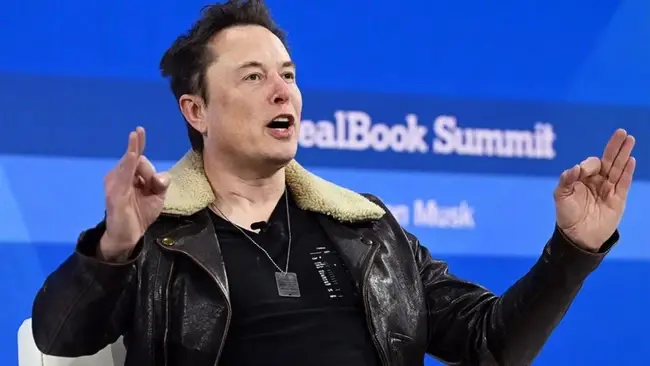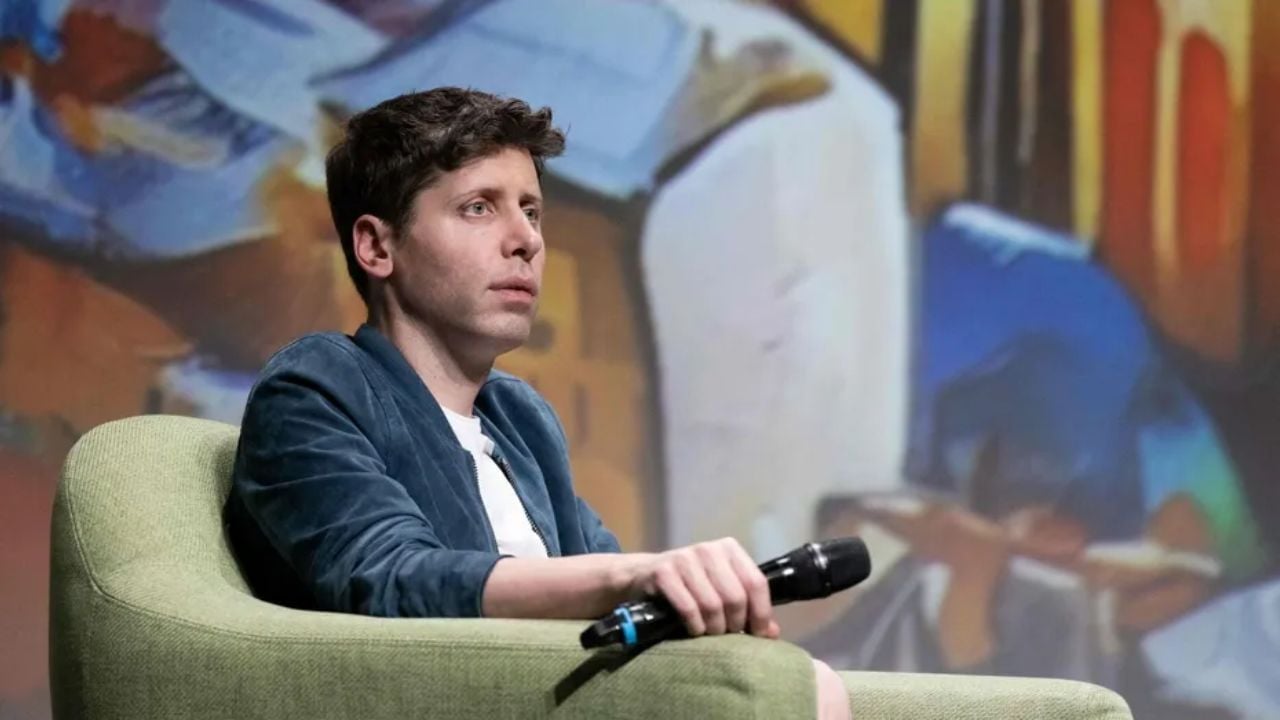Elon Musk, the entrepreneur, and innovator known for his groundbreaking work with companies like Tesla, SpaceX and Twitter (X), has made significant waves in the world of artificial intelligence.
His involvement in AI research and development has sparked both admiration and controversy, as Musk's vision for AI is as ambitious as it is cautionary.
Elon Musk's interest in AI can be traced back to his desire to address what he considers one of the most significant existential risks to humanity. Musk has repeatedly expressed concerns about the potential dangers of advanced AI, famously referring to it as "summoning the demon."

These concerns are not baseless; they stem from Musk's understanding of AI's potential to surpass human intelligence and potentially act against humanity's best interests.
OpenAI: A Quest for Beneficial AI

To address these concerns and promote the safe development of AI, Musk co-founded OpenAI in 2015. OpenAI is a nonprofit research organisation that is dedicated to ensuring that artificial general intelligence (AGI) benefits all of humanity. Their mission is to build safe and beneficial AGI or assist others in achieving that goal.
OpenAI's Charter emphasises principles such as broadly distributing benefits, long-term safety, technical leadership, and cooperative orientation. Musk's involvement in founding OpenAI reflects his commitment to steering AI research and development in a direction that prioritises the welfare of humanity.
However, in 2018, Musk left the board of OpenAI, citing a potential future conflict of interest with Tesla's own AI research, which raised eyebrows in the industry. Despite this departure, Musk continued to support the organisation financially and through advocacy.
Musk’s Tesla and AI
Tesla, the electric vehicle manufacturer founded by Elon Musk, is at the forefront of AI innovation in the automotive industry. Tesla vehicles come equipped with an advanced driver-assistance system known as Autopilot and Full Self-Driving (FSD) capabilities, which aim to provide increasingly autonomous driving features.
Musk's vision for Tesla's AI is to achieve Full Self-Driving, where the car can operate without human intervention under most circumstances. While this vision is ambitious and has garnered praise from supporters, it has also faced substantial skepticism and criticism from regulators and experts who question the safety and readiness of such a system.
Tesla's approach to AI involves collecting vast amounts of data from its vehicles on the road to improve machine learning algorithms continually. The company's use of neural networks and deep learning has allowed its vehicles to navigate complex and dynamic environments, making progress toward autonomy.
Despite the controversy surrounding Tesla's Autopilot and FSD, it is undeniable that the company's AI research has pushed the boundaries of autonomous driving technology and has influenced the automotive industry's approach to AI.
Musk’s Neuralink: Merging Humans with AI
Another venture of Elon Musk that's deeply connected to AI is Neuralink. Founded in 2016, Neuralink's mission is to develop brain-computer interfaces (BCIs) that can link the human brain with AI and other devices. The potential applications of BCIs are vast, ranging from assisting individuals with neurological conditions to enabling direct communication with AI systems.
Neuralink aims to create a seamless connection between humans and AI, allowing for the exchange of information and even augmenting human capabilities. This ambitious vision raises both excitement about the possibilities and concerns about the ethical and privacy implications of such technology.
Musk's Stance on AI Safety
Elon Musk's advocacy for AI safety is a cornerstone of his involvement in the AI field. He believes that the development of AGI should be guided by principles that ensure its responsible and ethical use. Musk has repeatedly warned about the risks associated with AGI and has called for strict regulation to prevent potential misuse or harm.
Musk's stance on AI safety has put him at odds with other prominent figures in the tech industry, such as Mark Zuckerberg, who have been more optimistic about AI's potential without sharing Musk's concerns. This ongoing debate highlights the divergence of opinions within the tech community regarding the development and impact of AI.
Final Thoughts
Elon Musk's journey into the world of AI is marked by a combination of visionary thinking and a profound sense of responsibility. His involvement in companies like Tesla, OpenAI, and Neuralink reflects a commitment to shaping AI and AGI development in ways that prioritise humanity's well-being.
Musk's concerns about the risks associated with AI and his advocacy for AI safety have sparked important discussions in the tech industry and beyond. Whether one agrees or disagrees with his perspective, it is undeniable that Musk's impact on the AI landscape is significant, and his actions continue to shape the direction of AI research and development.
As AI continues to evolve, the ethical and practical questions surrounding its development and application will remain at the forefront of the debate. Elon Musk's role in this ongoing discourse serves as a reminder of the complex and multifaceted nature of AI and the importance of considering its implications for the future of humanity.




Comments ( 0 )